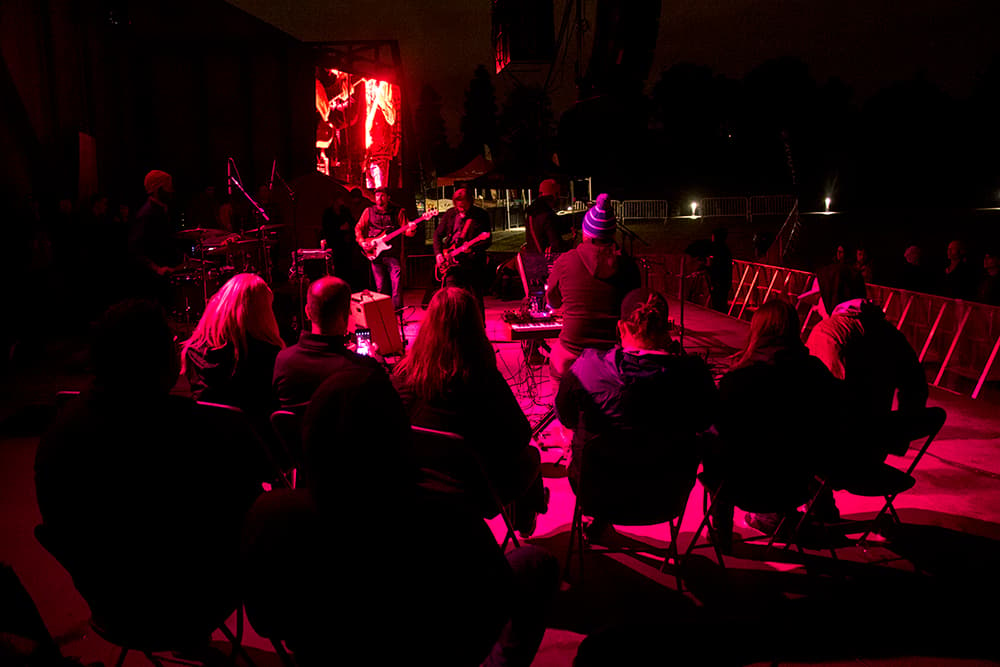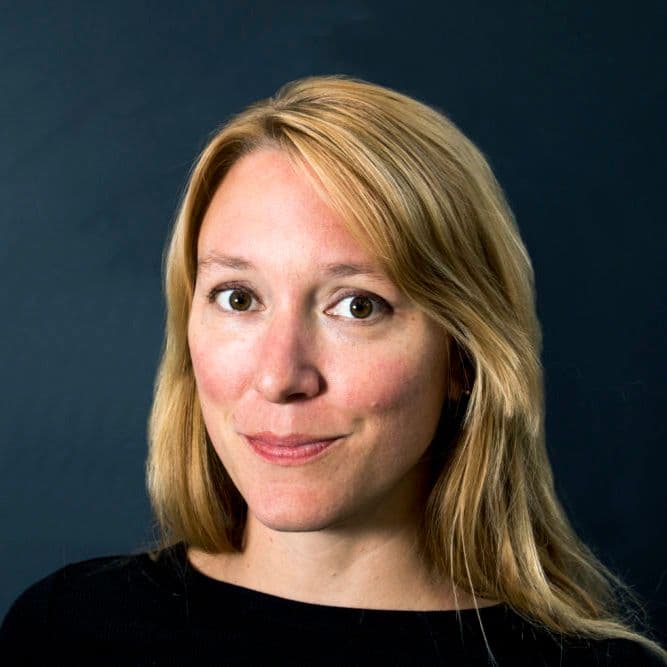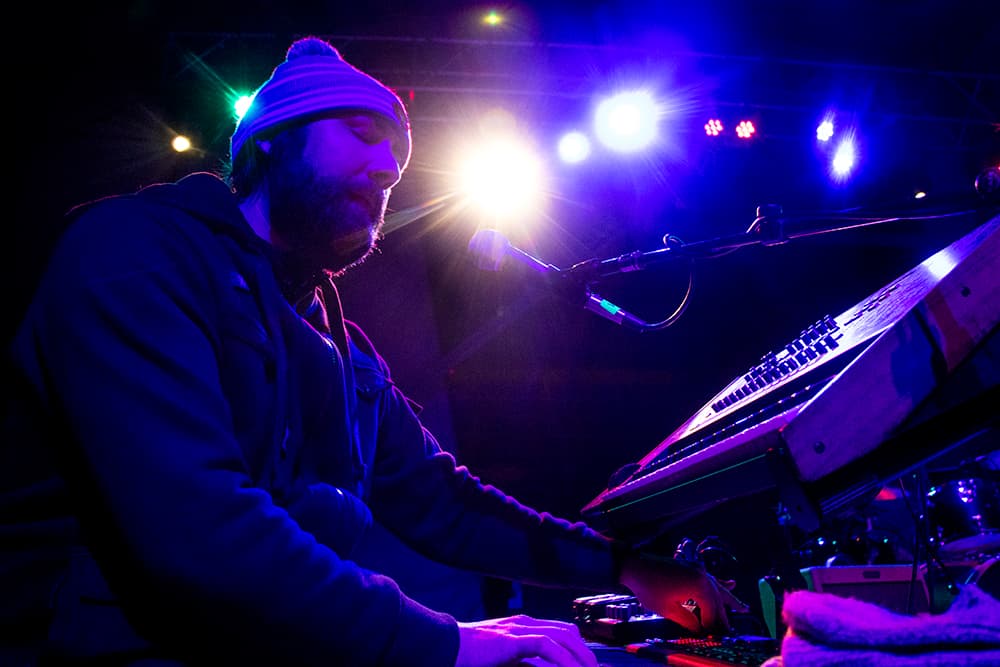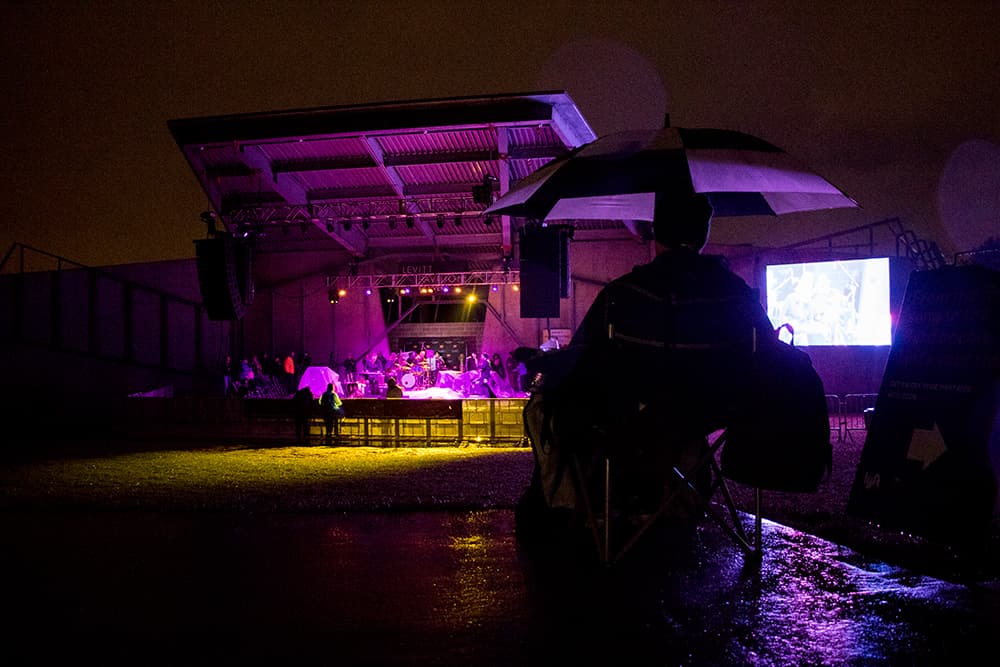
By Ashley Dean and Kevin J. Beaty
They say a little rain never hurt anyone. They also say the show must go on. And on a sopping wet night in late September, Denver bands Dragondeer and Strange Americans seemed to take those expressions to heart.
The last free show of Levitt Pavilion's inaugural season was not well attended -- and that turned out to be something kind of special.
As Dragondeer opened the show, just two people stood at the fence in front of the stage in Ruby Hill Park. For a moment it wasn't clear what this show was going to look like, but as the band gained momentum, the massive amphitheater became host to an intimate performance with enormous sound. People started dancing in the mud as the divide between performer and audience dissolved with the rain.
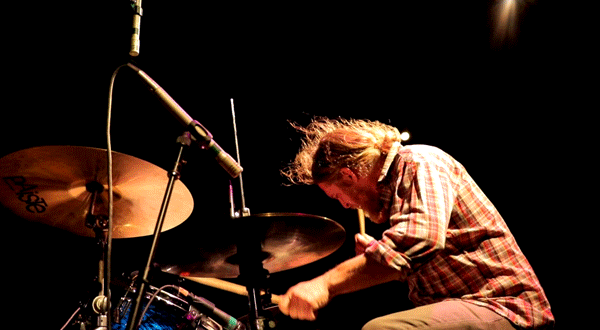
It was a fitting end to the first season of concerts at Levitt, because the point of it all is not profit -- it's community. And if the new venue's success is measured in community impact, it got off to a great start.
"It went really well. It went better than we expected," said Levitt Pavilion Executive Director Chris Zacher. "We sat down the other day and went through the year and were like, 'Wow, we didn’t have anybody ejected, no fights or arrests, no medical emergencies, nothing tragic happened, people respect the venue, we didn’t get tagged.'
"It’s amazing that you can see you can build these types of cultural facilities in areas of town where they traditionally don’t do these types of things, and how quickly neighborhoods will embrace these things if they really want it."
Jack Unruh, who just turned 70 and has lived near Ruby Hill Park since 1980, has become a vocal Levitt Pavilion booster. Standing in the rain that final night, he said the weather would never keep him from the last free show of the season.
"I haven’t had my jam for a while," said the self-described "aging hippie." This place is special, he said.
“It’s my hood, it’s in a park, it’s rock and roll, it’s family, it’s free, it’s pro-social, it’s moral. This Jesus talking, and Mohammad too.”
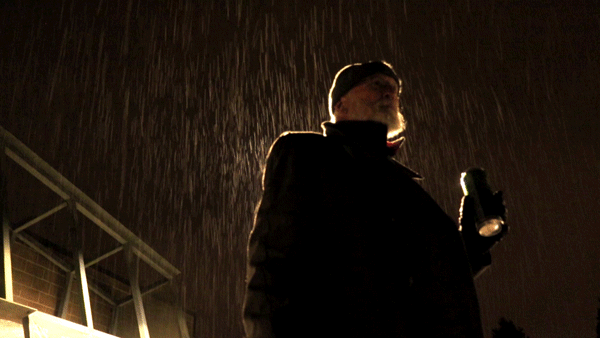
The venue was created as part of the Ruby Hill neighborhood development plan — funded with $2 million from the city of Denver and $2 million raised by the nonprofit Friends of Levitt Pavilion Denver — and has a 50-year contract with the city.
It's also part of a larger, national effort by the Levitt Foundation to create more "third places," or community hangouts that are part of a work-home-social trifecta. The foundation granted the venue $250,000, which Zacher says they use for operational costs.
They also bring in money from sponsorships, donations, additional grants, alcohol sales and, of course, ticket sales from the handful of shows that aren't free.
Chief among the operational costs is paying the bands and giving them the best experience possible, from a comfortable back stage to a top-notch sound system.
"We spent the last five years really designing and talking about building this for bands," Zacher said. "Mainly for our local bands, but there's that component of national stuff we’re bringing through."
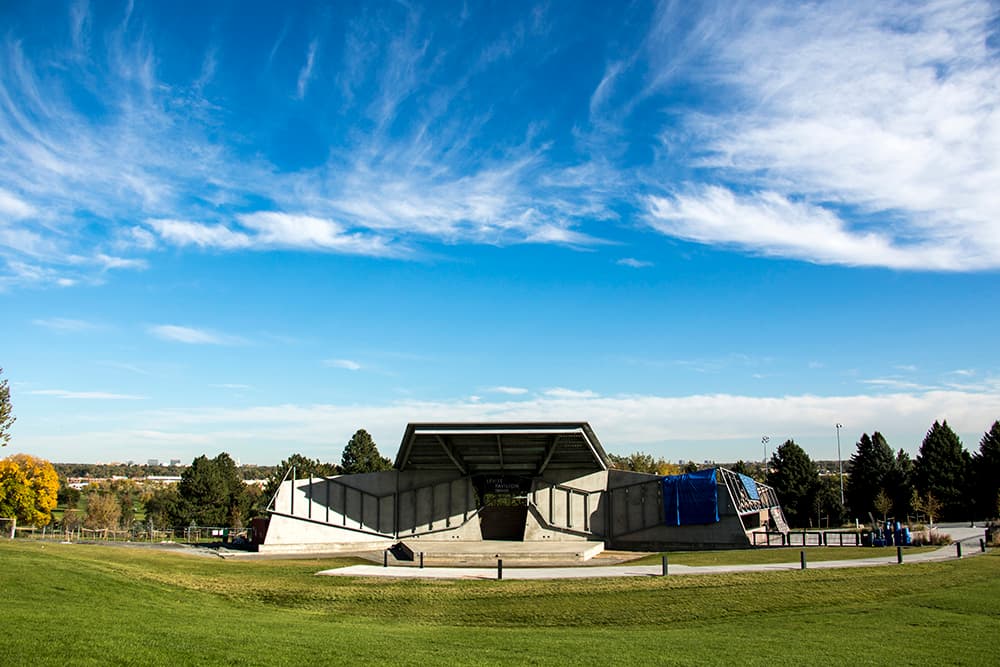
Keeping the booking local with bands like Dragondeer, Strange Americans, My Body Sings Electric and Slow Caves is just a piece of what the crew at Levitt does to make concerts there community-oriented experiences. They know that serving a once culturally underserved neighborhood means not just providing entertainment, but being good neighbors.
As is the case with any such event, the surrounding residents have concerns about two main things: noise and parking.
Brandy Moe, whose home of eight years backs up to Ruby Hill Park, has been following Levitt planning discussions since they began about five years ago. She was actively involved in the neighborhood meetings leading up to the amphitheater's construction and remains tuned in to her neighbor's concerns.
"The fact of the matter is Ruby Hill Park is huge, and people don’t even know where it is or what it is," she said. "It’s a big park, and I have watched people just trash it for many years, so any type of positive activity in the park would drive out the negative activity."
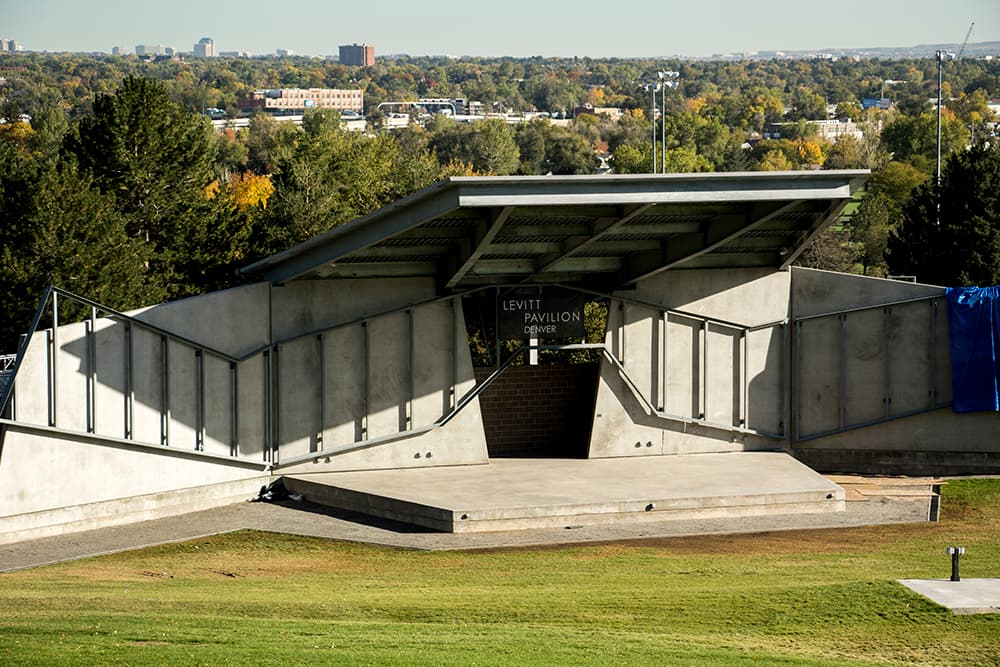
Moe attended many of the shows but said she wasn't bothered by noise during the times she stayed home. She only noticed a lot of cars parked on her block during two of the bigger concerts.
But not everyone is happy. As an administrator on the neighborhood Facebook group, Moe sees some "spirited conversation" about it. Some complain about the extra cars on the streets because, as she put it, "they see it as their private space." Others have contacted the Department of Environmental Health to ask that decibels levels get checked.
Zacher said Levitt has not been cited for a noise violation, and as Moe pointed out, the music always stops at 10 p.m.
"I’m really excited about the fact that people, all of a sudden, their ears are perking up when they hear about Ruby Hill," Moe said. "We’ve been a forgotten neighborhood for years, but there’s a lot of good stuff here. ... People were not treating it well and I am so happy to see families coming to the park to take in a free concert."
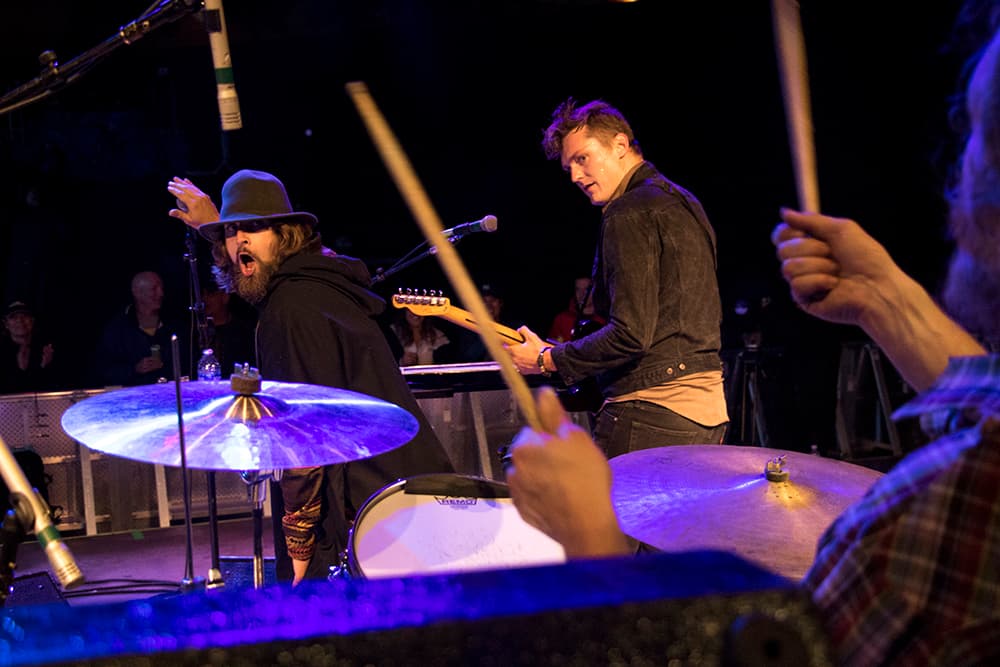
With the first season behind them, the staff at Levitt can start work for 2018, which Zacher says will be bigger and better. They'll be adding a month and a half to the schedule, jumping from 30 free shows and five admission-based shows in 2017 to at least 50 free shows and 15 to 20 admission-based shows in 2018.
"This year was about getting into the building and getting to know the community," Zacher said. "Next year, I think you’re going to see a more robust music series. We’ve kind of zeroed in on the genres that are working there, but most importantly we’re really going to be able to magnify the number of local bands paying there."
Concert attendees will also see some cosmetic improvements next season. A mesh, metal scrim made for projections will be installed, and they're hoping to upgrade the stage lighting and backstage area. They're also going to re-do some of the grass, re-pave park roads and bring the fence line in closer to the stage, limiting space to 7,500 people instead of the too-big 20,000 people.
So while Levitt is growing in some ways, there's a limit to what can and will happen.
"Because we’re part of a park and we’re technically categorized as a festival park, we fall under Denver Parks and Rec admissions-based policy, which limits the number of admissions-based events you can do," Zacher said. "One show a week is kind of the max that can happen on the paid side. So any fears that this is going to become a 120-date Red Rocks thing can be put to rest. That’s not our mission. That’s not what we want to do."
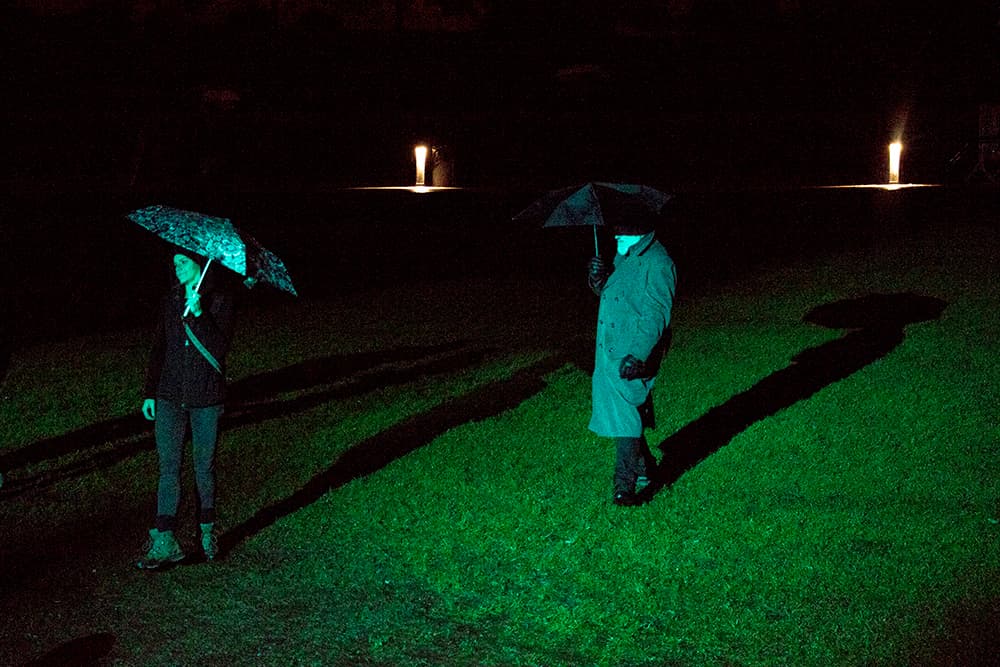
Cindy Keeler, who danced under her umbrella near Unruh during the final show, was also driven out into the rain as much for the music as her appreciation of the venue.
In Denver, she said, "the land of gentrification," a free venue like Levitt carried civic weight. "It’s a powerful and awesome concept,” she said.
"For me, it has changed the dynamic of Ruby Hill Park so greatly," Moe said. "There’s this reason now that folks in our neighborhood are gathering. I’ve honestly seen my neighbors more since July than I have in the years that I’ve lived there."
That kind of heartfelt support, said Levitt's board chair Colin Mielke, is exactly what organizers have hoped to build. Their tagline, after all, is "building community through music, one concert at a time."
"Whether its rain, whether its shine, we’re here for the community,” Mielke said. “It’s a beautiful, beautiful atmosphere.”
